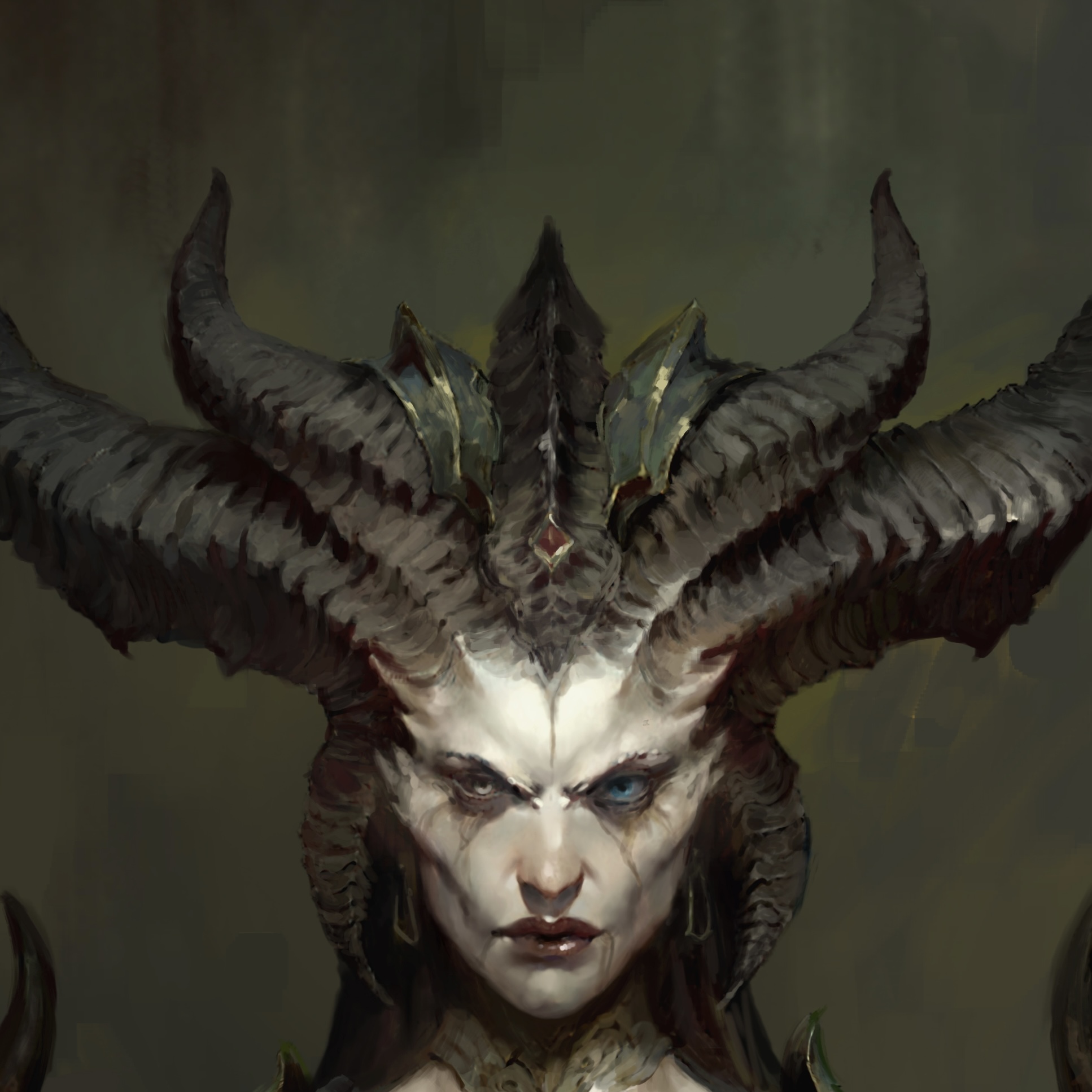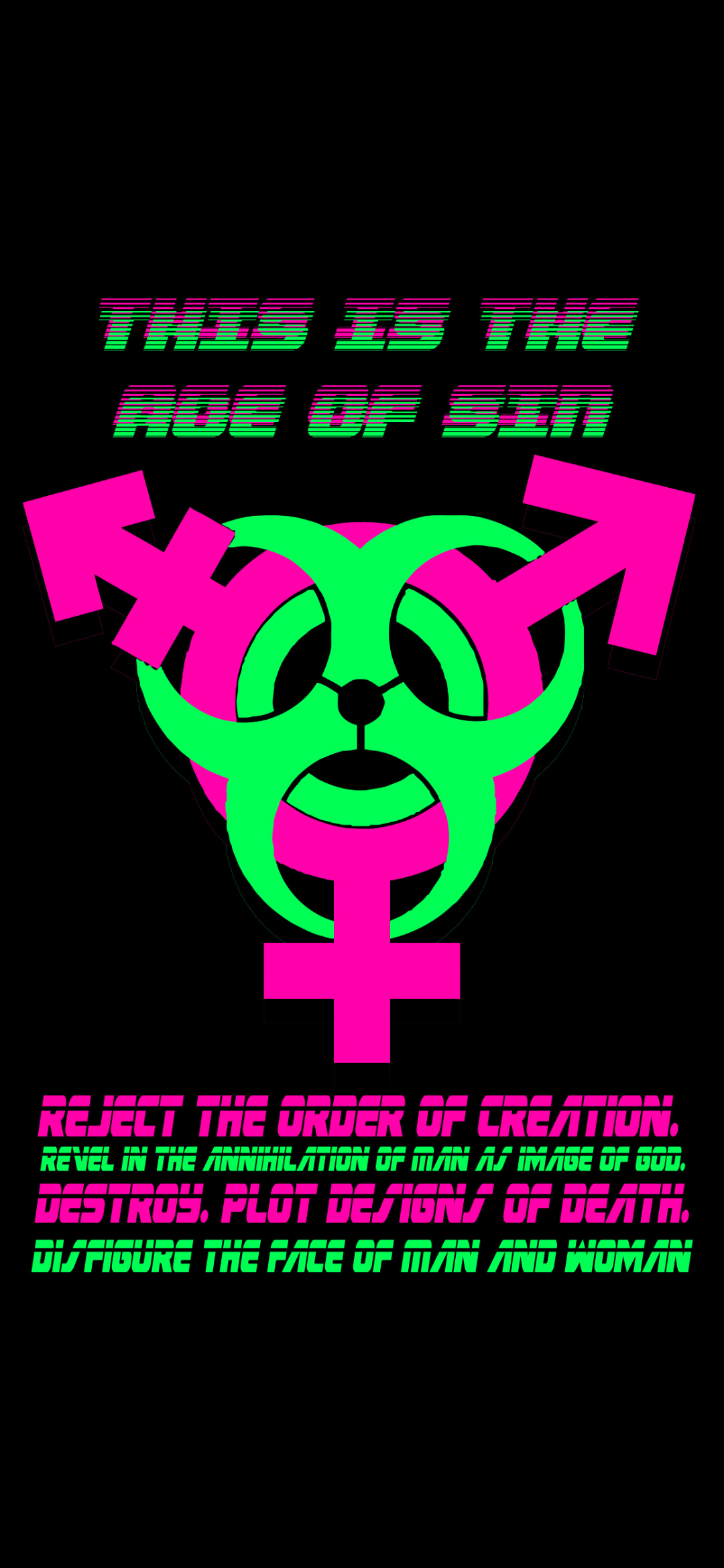Steampunk was never related to punk in any way. Someone was just riffing off "cyberpunk" as a way to describe a specific genre of fiction. I don't think steampunk has any counter-cultural underpinnings at all, overt or implied.
The only ones with any truly "punk" elements, in the sense of a critique of capitalism, are cyberpunk and solarpunk.
No, because that would require critical analysis and not :awooga: BIG COPPER PIPES AND FLYING BOATS
Steampunk is more an aesthetic than a genre. You could tell some cool anti-establishment stories using the setting, but nobody ever does. Instead of mobilizing the lower class during this fictional period of mass industrialization, the main characters just get involved in aristocratic squabbles on an airship or something.
The Difference Engine is actually about hackers trying to do... I forget, something, without being ground in to dust by the glorious computationally advantaged British Empire. Willian Gibson and Bruce Sterling wrote it so it actually has cyberpunk credentials.
Most Steampunk is just Victorian costume porn with all the imperial violence sanitized and forgotten, but Difference Engine actually goes in to how the British with computers would be even worse and more horrific than they were in real life.
I am once again coming to Hexbear to recommend China Mieville's Bas-Lag trilogy. It's not strictly steampunk, but it's close enough that it might fit the bill, especially the third one, Iron Council.
I would call Bas-Lag extremely steampunk and extremely based.
I was reluctant to call it strictly steampunk because of The Scar which is set at sea, but you're right.
Iron Council is about a worker's movement hijacking a steam locomotive, so that's about as steampunk and based as it gets.
Robert Rankin is kinda all over the place in terms of writing and themes (and doesn't actually classify his stories as steampunk), but there might be some of what you're looking for in there somewhere.
He did a trilogy that is based off War of the Worlds but set after the Martian invasion. Book 1, "The Japanese Devil Fish Girl and Other Unnatural Attractions" leans into the cruelty of British Empire as they use reverse engineered Martian technology to first commit genocide of the Martians by infecting "undesirables" with diseases and sending them to mars as a way of wiping out most of the population before invading and killing the rest. They then use their advanced technology to violently enforce their hegemony upon the rest of the earth. The main drive of the story is the protagonist and his mentor stealing a culturally important relic from a remote Pacific Island so they can sell more tickets to their freakshow.






